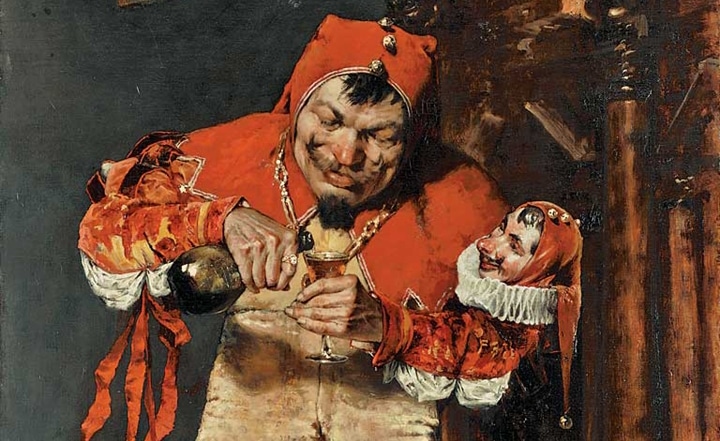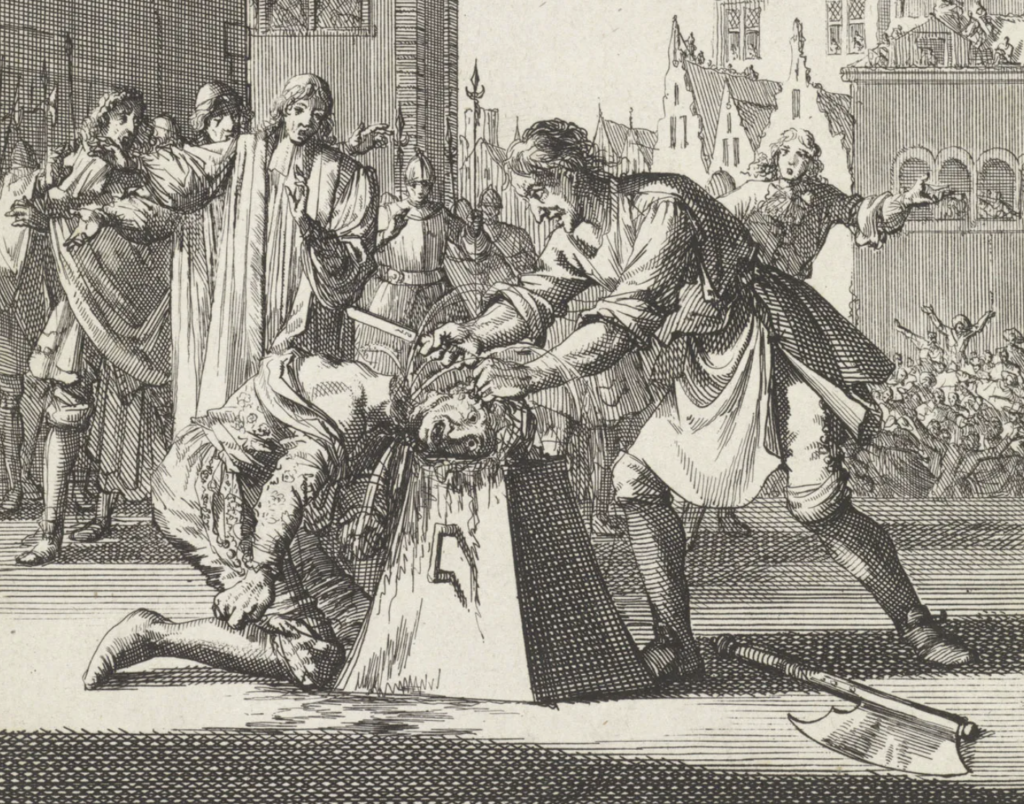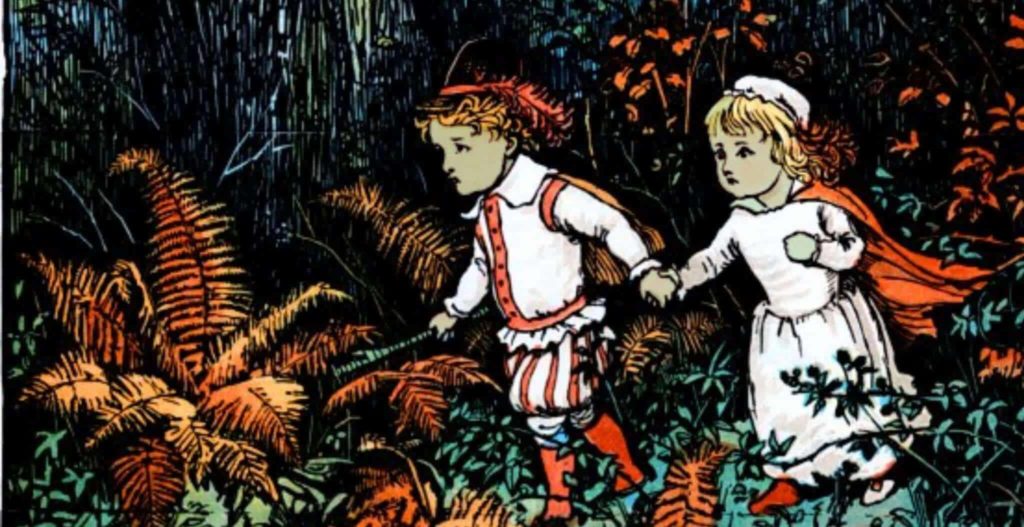Last updated on October 28th, 2022 at 10:30 pm
In the National Archives of the United Kingdom in London, there are two volumes of a work produced in medieval England at the end of the thirteenth and start of the fourteenth centuries.
Known as the Liber Feodorum or Book of Fees, this text records feudal landholdings in England or lands effectively held by individuals directly from the crown.
Typically, the people listed in this were nobles, knights, or members of the gentry who had been rewarded with lands over the past 150 or so years in England for their service to the crown.
But within the two volumes, a reader will also stumble from time to time across unusual entries. None is as strange as the reference to a landholder in England in the late twelfth century.
This was ‘Rolandus le Fartere.’ or to be put it in its modern English rendering, Roland the Farter. Who was this Roland, and why was he listed like this in the Book of Fees?

Court Jesters in the High Middle Ages
Before looking at Roland the Farter, let’s try and situate him in context. Roland was effectively a type of court jester. Jesters were a ubiquitous feature of court life during the Middle Ages and well into the early modern period.
This was an age when there were no televisions, no internet connections, no Marvel Universe films, no Star Wars, and no social media websites.
So, much as we might look down on it today, people had to find more basic forms of entertainment. This was particularly true at royal and noble courts, where hundreds of people were usually in attendance.
Social occasions played a significant part in determining the politics of a given kingdom or polity.
The types of entertainment on offer could range from the high-brow, such as the staging of plays and the patronage of accomplished poets and musicians, to the decidedly low-brow and even quite cruel.
Notably, entertainment could consist of dwarfs or, you guessed it, people who farted particularly loudly to entertain the assembled courtiers through their unusual appearance or behavior.
Low brow though it might be, flatulence has always been considered funny. One of the oldest recorded jokes in history dates to Ancient Sumer in Mesopotamia and is effectively a fart joke.
The most revered proponent of Old Attic comedy in fifth century BC Athens, Aristophanes, used fart jokes in two of his more celebrated plays, The Frogs and The Clouds.
More immediately, the famed English medieval writer and poet Geoffrey Chaucer included several fart jokes in his canonical text of the fourteenth century, The Canterbury Tales.
Most monarchs kept a jester or fool at their court who was known for humor based on flatulence.
Who Was Roland the Farter?
Details of Roland the Farter’s life are admittedly scarce.
We know that he lived in the twelfth century and was a jester or flatulist at the court of King Henry II, who ruled England, Wales, and substantial parts of northern and western France from 1154 down to his death in 1189.
Roland was almost certainly a stage name, and his real name was George.
Before Henry II’s reign, Roland may have also served King Henry I in the late 1120s or early 1130s, suggesting Roland lived a long life by the standards of the High Middle Ages.
He is variously referred to in a few sources, such as the Book of Fees, as Rowland le Sarcere, Roland le Fartere, and Roland the Farter. From these references, it is clear that Roland was the court farter of the time.
He was noted for his ability to fart on cue. For this duty, he was rewarded lavishly. T
he Book of Fees records that he owned a manor house and 100 acres of land at Hemingstone in the county of Suffolk in East Anglia to the north of London.
This was a considerable estate and indicates how one could prosper as a court fool in the Middle Ages, despite effectively being a figure of fun.
‘One Jump and Whistle and One Fart’
Roland’s work may have been relatively limited in his later life. Records show that he received his estate at Suffolk in return for the obligation to appear at the English court every year at Christmas and perform ‘One Jump and Whistle and One Fart.’
Thus, the scenario suggests that Roland’s appearance as part of the Christmas festivities was something of an event that many people at the court and noble world expected to form part of the Christmas celebrations.
Whatever the significance of it was, Roland appears to have fallen from grace eventually, and it is possible that his estate was taken from him by the crown later in his life.
While Roland might have fallen out of favor, the place of flatulence in the comic oeuvre of Europe and the western world did not. On the contrary, flatulists continued to be a common feature of late medieval and early modern Europe.
Indeed in the late nineteenth century, we find a famed performer, Le Pétomane, meaning ‘Fart maniac.’ appearing regularly at the infamous Moulin Rouge cabaret hall in Paris. And flatulence made the transition to the screen decades later.
Today Mr. Methane is a well-known flatulist and performer, while many sketches on shows like Jackass are effectively fart jokes. Thus, while Roland the Farter’s story might seem strange, it is just indicative of how flatulence humor has been a perennial feature of society across the millennia.
Sources
Henry Maxwell-Lyte (ed.), Liber Feodorum: The Book of Fees, commonly called the Testa de Nevill, reformed from earliest Ms. by the Deputy Keeper of the Records (3 volumes, London, 1920–21); F. M. Powicke, ‘Review of The Book of Fees, commonly called the Testa de Nevill’, in English Historical Review, Vol. 37 (1922), pp. 570–573.
John Finlayson, ‘Chaucer’s Summoner’s Tale: Flatulence, Blasphemy and the Emperor’s Clothes’, in Studies in Philology, Vol. 104, No. 4 (Fall, 2007), pp. 455–470.
Jean Nohain and F. Caradec, Le Pétomane, 1857–1945: A Tribute to the Unique Act which shook and shattered the Moulin Rouge, translated by Warren Tute (Second Edition, New York, 1993).


Very interesting to learn about entertainment in medieval times and surprising that someone who passed wind on cue was rewarded so well by the king. But sadly ‘Roland the Farter’ appears to have lost favour at court and lost his estate also. Maybe when he was older he could not pass wind so easily! The Royals have been in charge of the country for 1000 years since Norman times and they gave a lot of land, the best land probably, to those who served them well. No wonder so much poverty when the land is all stolen (today in 2023 not much is left that is not owned by royals, the state etc) and farmers had to give part of their crops to the king probably. The people of England, Britain will be poor until Royals are gone no doubt.